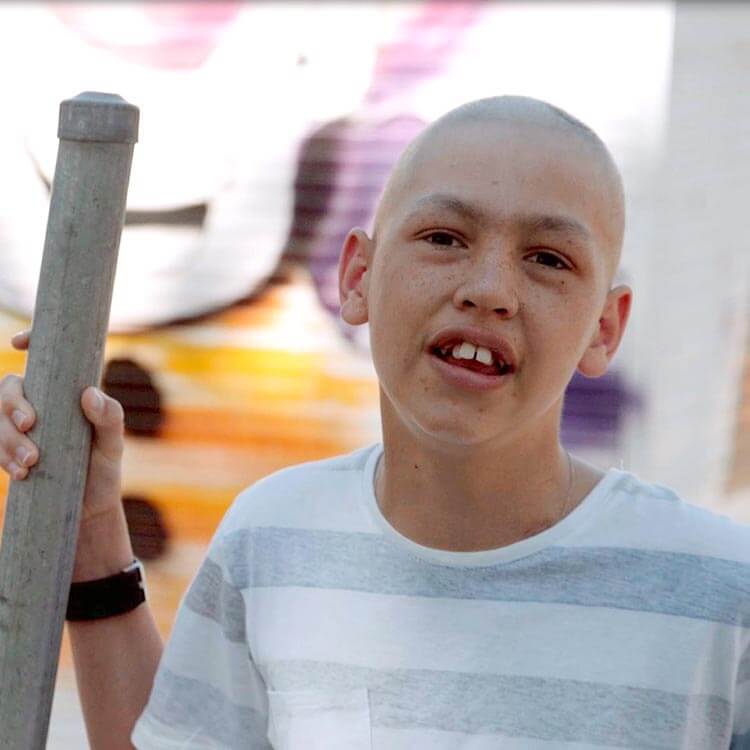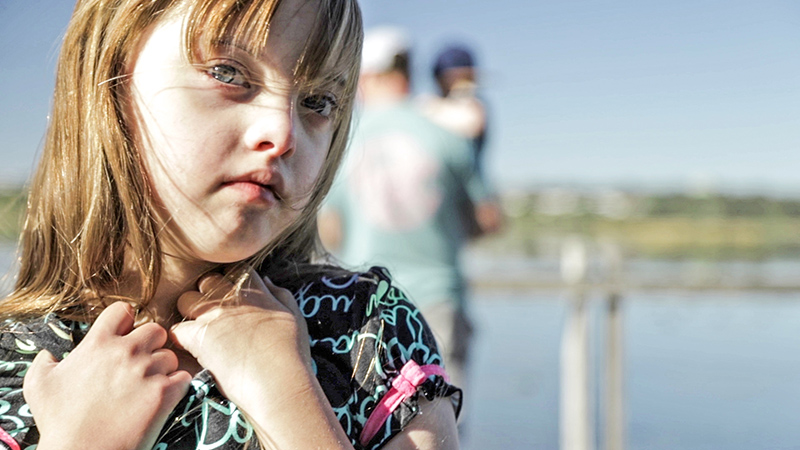Search

What would you discover to help a child? At The Kids, our researchers are committed to Cancer research that makes a real difference.

Ten-year-old Xander has been through more than most kids of his age – specifically, three-and-a-half years of gruelling chemotherapy to treat leukaemia.

Eight-year-old Mikayla is the miracle child her parents never thought they would have. They’d tried for seven years to have a baby, and when Mikayla was finally born they couldn’t contain their excitement or pride. The fact she had Down syndrome was secondary.

Our job is to find the answers. It's helping us change kids' lives. See the "why?"s we're asking and answering.
Western Australia’s biggest and only medical research institute dedicated to improving kids’ health and wellbeing, has rebranded to The Kids Research Institute Australia.
Learn how our research is preventing cyberbullying and supporting kids’ mental wellbeing
Hear how one bold idea became a world-leading institute for kids’ health.
Discover how our breakthroughs are helping kids with diabetes live longer, safer lives.
Research
A diagnostic test for acute rheumatic fever (pilot study)Currently there are no diagnostic tests for ARF, and no treatments targeting immune responses to improve disease outcomes.
Research
A Phase 3 Randomized, Double-blind, Placebo-controlled Study to Evaluate the Safety and Efficacy of MEDI8897, a Monoclonal Antibody With an Extended Half-life Against Respiratory Syncytial Virus, in Healthy Late Preterm and Term Infants (MELODY)Jennifer Peter Kent Richmond RN MBBS MRCP(UK) FRACP Clinical Research Manager Head, Vaccine Trials Group Jennifer.Kent@thekids.org.au Clinical
